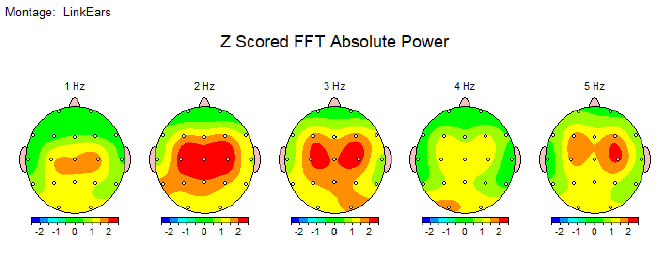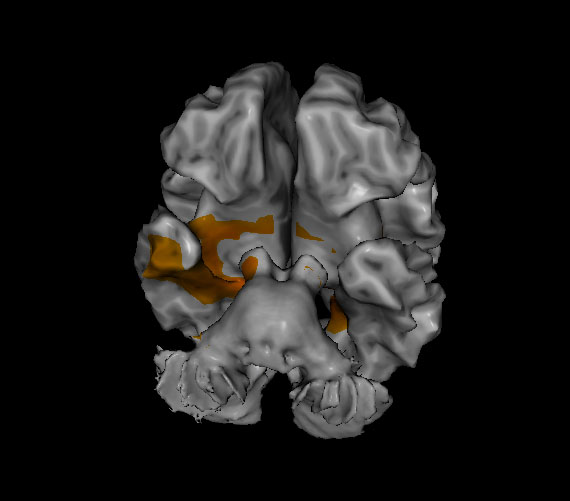WHAT THE RESEARCH SAYS
Dozens of participants aged 60 years and older were split into two groups, both of which completed neuropsychological testing. Half of the participants were treated using neurofeedback training with a motor imagery-based brain-computer interface while the other half did not do NFT. Significant changes were observed in the EEGs of the participants who did neurofeedback training. These participants also exhibited statistically significant improvements in the following cognitive functions: visuospatial, oral language, memory, and intellectual. These results suggest neurotherapy could be an effective tool for helping individuals manage age-related cognitive decline.
In a review of 250 cases of individuals treated using LORETA Z-Score neurofeedback, patterns related to cognitive decline and dementia were identified. 71% of patients with static cognitive dysfunction demonstrated significant improvement on cognitive testing and improvement of QEEG abnormalities after doing neurofeedback training. These results indicate LORETA Z-Score NFT could be a powerful tool for enhancing cognitive performance.
For more research studies on this topic, see our Research page.
References:
Gomez-Pilar J, Corralejo R, Nicolas-Alonso LF, Álvarez D, Hornero R. (2016). Neurofeedback training with a motor imagery-based BCI: neurocognitive improvements and EEG changes in the elderly. Medical & Biological Engineering & Computing, 54(11):1655-1666.
Koberda, J. L. (2014). Z-score LORETA neurofeedback as a potential therapy in cognitive dysfunction and dementia. Journal of Psychology & Clinical Psychiatry, 1(6).



